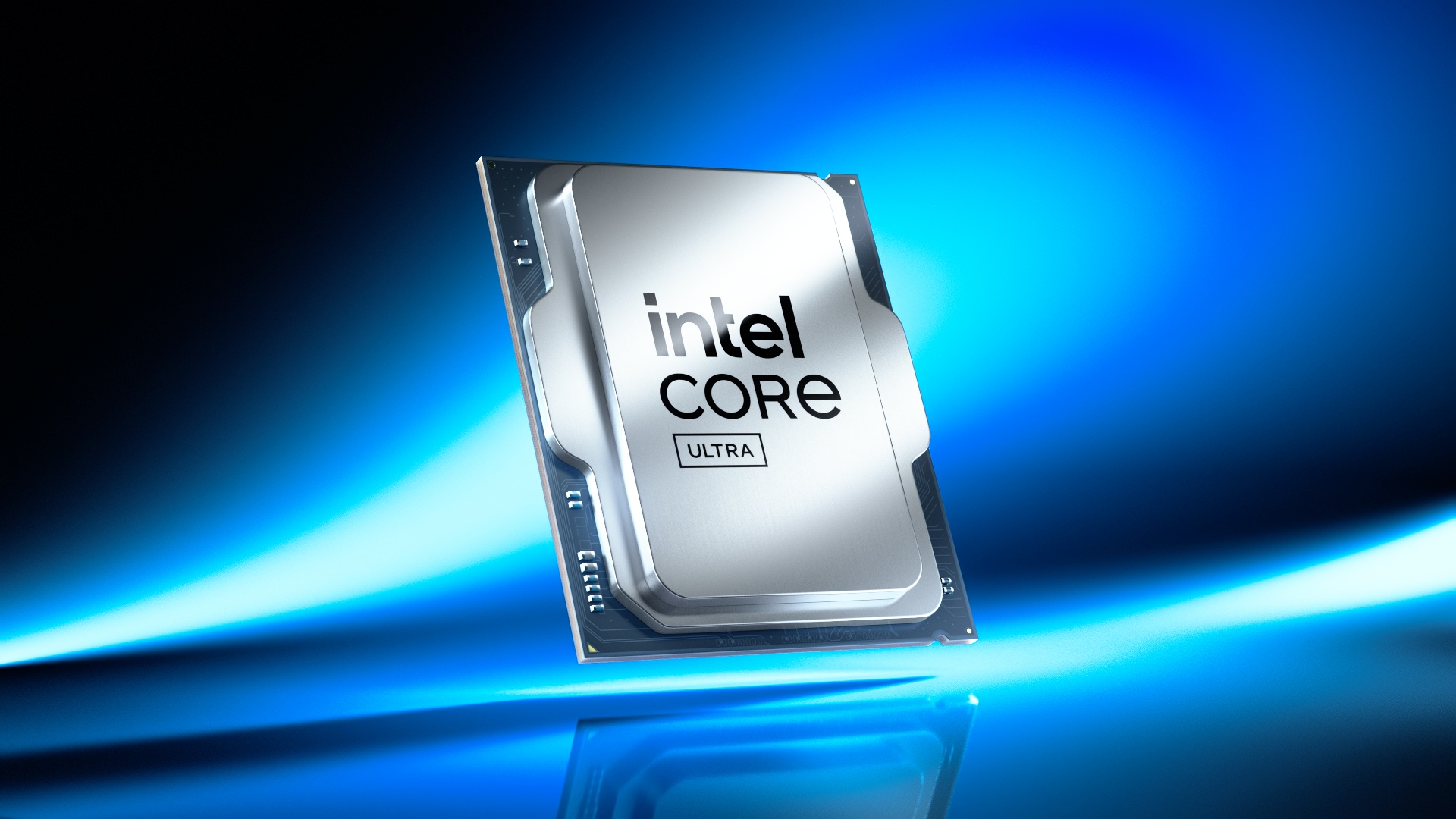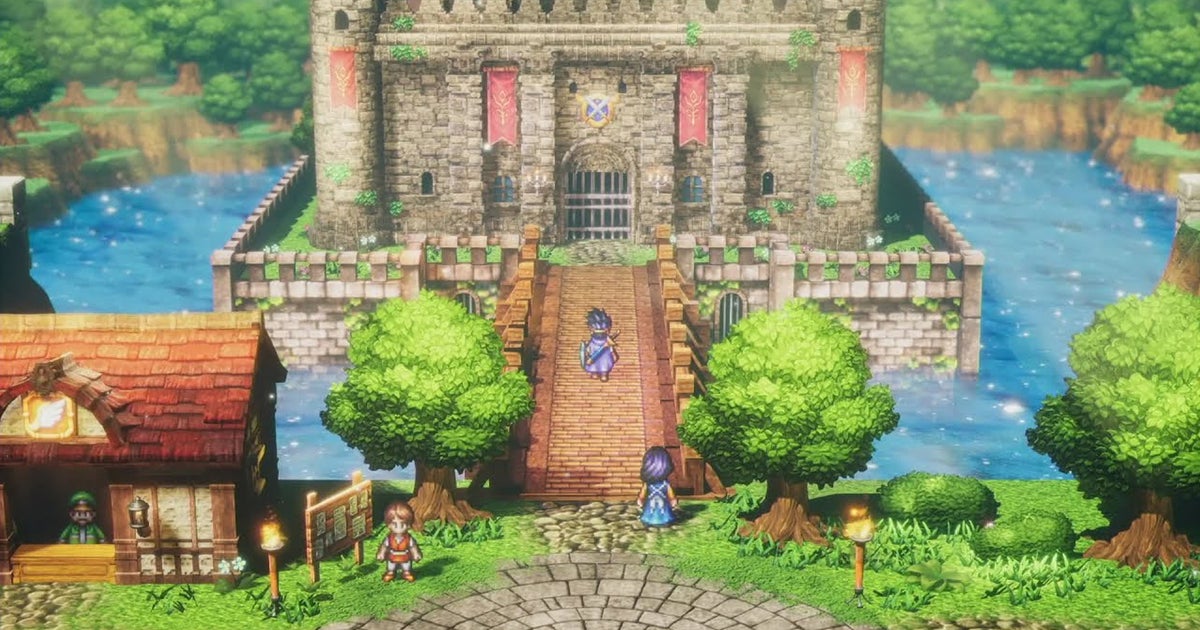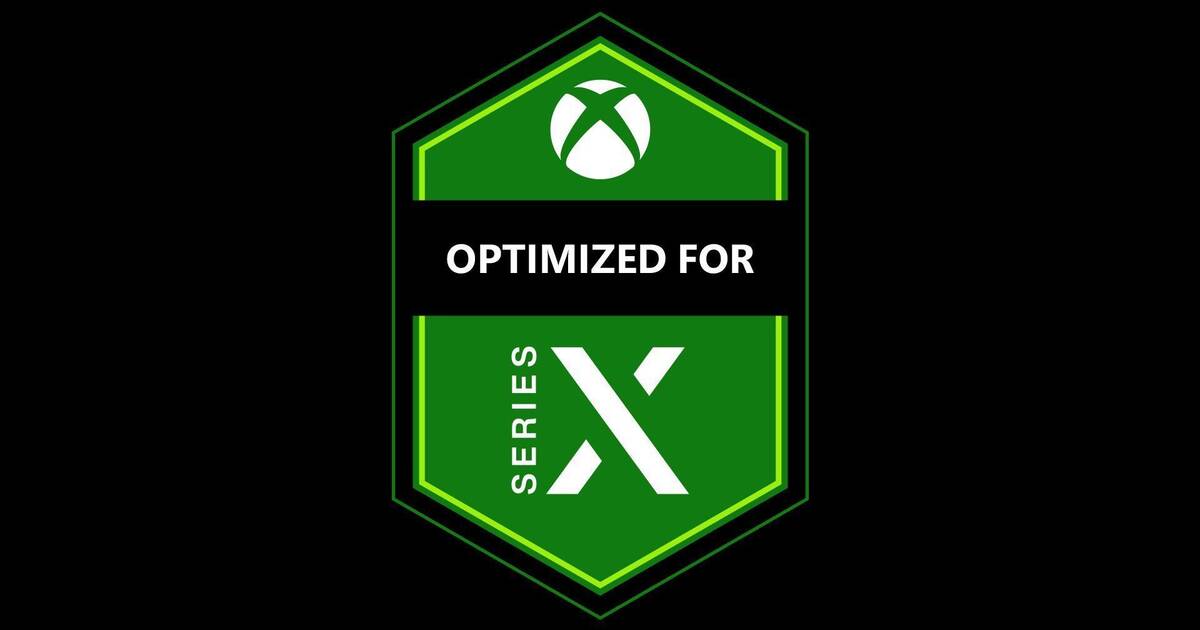FF VII Remake was released a short time ago, after countless years of waiting. Better still for some, the current health crisis has involved receiving the game before its release, allowing many people to immerse themselves in the adventure a handful of days before its actual marketing. The impatience was coming to an end, the pre-orders made months ago honored, finally, the wait was rewarded. This impatience, which can be explained in many respects, is however not the prerogative of all players and some, just as passionate as any other individual about video games, have made waiting a true philosophy better known as the name of the gaming patient.
Patient players under one banner

To put it simply, patient gaming is a practice which consists in waiting a certain time after the marketing of a game to play it. Day one is excluded here and members who adapt to this philosophy find real and multiple benefits. Remember, however, that the practice obviously did not wait for the internet to exist, just as self-portraits did not wait for the term "selfie" to be democratized. Many players simply could not afford or did not have the equipment to play a game as soon as it was launched, and therefore had to have patience to be able to try the titles that made them dream. But the formalization of the name "patient gaming" has found its source on the web and has even been established in principle for some of its practitioners. As we were reminded PC Gamer some time ago, the gaming patient found his impulse on reddit, through a subject posted in the prolific / gaming branch to be exact, which counts to date no less than 25.7 million users. Soberly entitled "It sucks to be poor", the thread of the user jetmax25, posted 8 years ago, contained only a simple meme worded as follows "I just bought Fallout New Vegas. Anyone want to t alk about it? ”, Two years after the release of Obsidian's nugget.
Following a handful of benevolent discussions reporting on a situation shared by many users of the platform, many editors are forced due to several factors to be patient before engaging in their leisure, user kentrel suggested the idea of setting up a subreddit allowing players in the same case to meet under a single banner:
What do you think of a reddit for people who wait 6-18 months to buy a game because they don't want / can't pay the full price or have an aging machine?
It was enough, a handful of minutes later, the r / patientgamers was created by Zlor, who is still at the head of this group which brings together no less than 340,000 users today. The principle is simple and without appeal: ban on talking about games released less than 6 months ago in the columns of this section which more than ever advocates patience as a virtue. The patient gaming is located on the border between the news and the beginning of nostalgia, without ever pouring into retogaming even if the reddit dedicated to the practice is also the theater of subjects reporting very old games finally launched by the users.
An economic virtue
The most obvious attraction of this practice is to start financial. Without even necessarily mentioning the second-hand game for the players most attached to the physical format, the video game is no longer a hobby as expensive as it was at the time. The proliferation of dematerialized video games as well as that of download platforms has implied that of sales and the multiplicity of offers for playing at low cost. If we exclude industrial accidents which, following a failed launch, an element to which we will return and in favor of patient gaming, force publishers to break prices in the wake of the release of their game to develop a minimum sales thanks to the announcement effect, the titles sold a handful of months after their marketing are bloated. The steam sales, to quote the most popular and prolific event, have set the scene for other practices. The famous humble bundle offers a whole bunch of more or less recent titles at unbeatable prices and, icing on the cake, serves several noble causes, while the subscription to this service offers many more recent titles in exchange a small fee. The Epic Game Store regularly offers free games and more generally, on the console and PC side, promotions on titles released within 12 months follow one another and are sometimes frankly attractive. By showing a little patience, players can therefore pretend to indulge in their leisure activities legally and without unduly burdening their savings. There is indeed a very good chance that in the 6 months following an outing, this AAA that you were eyeing will arrive in your basket with a generous reduction.

But the savings are not exclusively reserved for the games itself, the "patient gamer" also achieves it in terms of his equipment, whether it is to keep his console generation longer or rather to invest once in a PC destined to be kept for a long period, waiting before buying a game allows take advantage of titles that are perfectly visually acceptable without having to break the bank in expensive hardware. Of course, like all medals, there is no point in hoping to be able to have your cake and eat it too, and those who love visuals very next gen will not be able to combine patience and cutting edge technology. It is a counterpart to accept, and this counterpart is less and less heavy to bear since the big productions, with the harmonization of the PC and console market, are visually superb and offer a rendering quite acceptable on machines of entry-level and mid-range for the player less inclined to dwell on the details.
More perspective, content, stability

But, more interesting still, the patient gaming allows to guard against a missed launch or an incomplete game. Today, it is difficult to assert that a game marketed in its final version is completely finished. In addition to the traditional day one patch which has almost become a standard, it is also a plethora of patches and DLC that accompany the months following the release of a game, whether it is stamped game service or not, by the way. Examples of technical disasters when launching a game are legion, as are those relating to balancing or various bugs, most of the time fairly quickly corrected with large blows of updates. Don't rush day one on a game, it is also to play it safe by ensuring, at least partially to obtain a stable, finished title, far from the tumult of a sometimes chaotic launch. It is also an opportunity to take advantage of GOTY or Definitive editions which, for the basic game price, also offer all the additional content that has appeared since marketing. If we were to take the most telling example of patience rewarded, we could evoke the case of No Man's Sky which was a tough disappointment when it was launched, but which, after many months, has become much more consistent to its original promise and is even more complete today than what Sean Murray and his teams were striving for during development.
This allows you to take a step back, to benefit from a global vision, also helped by the opinions of the press and users, past the traditional unleashing of passion that surrounds the release of an expected title. In the first weeks of marketing a game, opinions are often spoken hot, unnecessarily sententious, or overly enthusiastic. Once this wave of passion is digested, the opinions are more moderate, more nuanced, the players had time to complete a title, to weigh its qualities and defects, allowing the player to have informed and diverse opinions, allowing him to make his purchase with full knowledge of the facts. And it is also without counting on the many guides that will be made available for games that may require it, the many tips available to the player to make the most of all the features of a game and, in the case from the PC, mods developed by the community to make the experience even more complete.

But patient gaming is also the philosophy of long time. Where the most assiduous players and the most eager to miss nothing of the news accumulate the games in their library, the patient gamer will be more concerned with taking the time to cross the games he acquires, without necessarily worry about exits that occur in the meantime. The gamer patient, he doesn't care, he has time. This is in particular what the frozen-byter user, who congratulated himself on having bought the Dragon Age Inquisition, later noted, which he was able to appreciate in its entirety without coming up against the real repeatability of the title, when crossed by '' a draft:
I think having bought it so late, after playing all the other games I wanted to make, allowed me to take my time and really enjoy it. I can understand why the people who bought it and tried to rusher got tired of it, and many were attracted to the release of The Witcher 3 later. Inquisition is really a game in which you have to take your time, it is a little slower and less rhythmic than the other games.
The other side of the coin

In this case, the patient gamer is a bit of the viewer who waits for a series to be completed before watching it when others rush onto the broadcast. In fact, if there are undoubtedly more attractions than drawbacks to having a foolproof patience, and if we exclude the obvious fact that the players do well what they want and that 'they are able to know what is best for them in the practice of their leisure, patient gaming as an inflexible philosophy also prohibits certain pleasures related to actively taking part in the news of outings. Firstly, there is the question of multiplayer games. In the case of the most perennial games, of course, if the possibility of accessing guides for a good start increases over the months following their release, missing the running train prohibits learning more or less at the same time as all other players. If, of course, as good as you are in a field, someone will always be stronger than you, taking an MMO or a competitive FPS along the way is taking the risk of excluding yourself from a community already well established, not always inclined to open its doors to the beginner and the difference in level can prove to be prohibitive. Finally, the excitement of sharing and experiencing a key moment sometimes in the history of video games can also be a source of pleasure, as is the fact of wanting, in a fundamentally connected universe, to take the bandwagon and to avoid as much as possible the risk of spoil, which swarms with tweets, guides or articles that it sometimes becomes difficult to dodge in the weeks following the release of a major game.
If we had to balance its advantages and disadvantages, difficult to assert that the gaming patient, erected in true art of consuming his leisure by some, is a penalizing practice for the player. Whether it is a practice constrained by the lack of time, finance or equipment, or whether it is dictated by a calm mind not being eager to stick to the news of the outings, this philosophy does not make "Patient players" people who are less passionate about the media than those who rush out on outings that interest them. This is another way of consuming video games which, if it were mainly widespread, could have real economic consequences on the development of games, but which remains for the time being sufficiently marginal not to worry the industry while contenting those who indulge in it with more moderation.
Table of Contents








